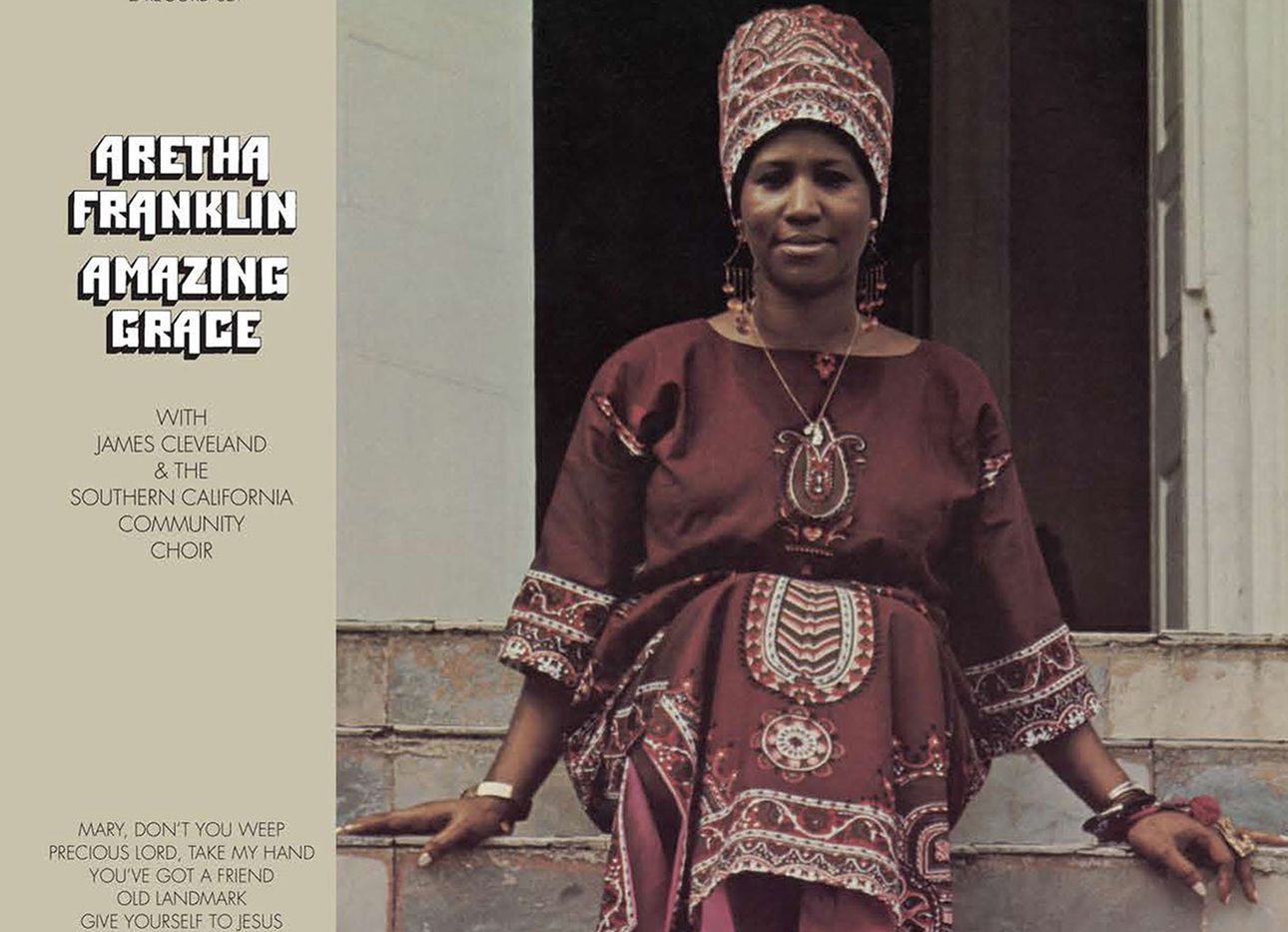
A Playlist That Conjures the Ferocity and Flair of Detroit
How can we develop a deeper, more human and multifaceted understanding of the past? Economist Rob Johnson (who was the guest on Ep. 22 of our At a Distance podcast) knows all too well that studying data offers some answers—but that it doesn't represent the full picture. “Analysis of political economic dysfunction can help us understand the depth of the pain,” he says. “But it is only the arts that really penetrate our hearts with the essence and meaning of what the experiences entail, and what we can learn from them.”
Johnson, who serves as the co-founder and president of the New York–based Institute for New Economic Thinking, an interdisciplinary collective of economists and thinkers who develop inventive methods to better serve communities around the world, firmly believes in the visceral power of art to color all that he does, whether activating global initiatives with some of the greatest economic scholars of our time or starting conversations via his podcast, Economics & Beyond, which draws on his extensive knowledge of everything from the climate crisis to the impact of music on public policy.
The latter subject, and Johnson’s reverence of the arts more broadly, stems from his upbringing in early 1960s Detroit, where he was raised by a physician and jazz pianist father and a choral-singing mother who served as the development director for the Detroit Symphony Orchestra. From an early age, he says, “I was exposed to the rawness of the city and the experiences of art, particularly music. The Diego Rivera murals at the Detroit Institute of Art had a profound effect on me, too.” Johnson’s childhood also coincided with darker moments in the city’s history. “I experienced a haunted house of humanity,” he says. “A place that disintegrated into industrial decline and racial turmoil, including the 1967 riots, white flight to the suburbs, wicked discrimination, and the nation abandoning Detroit and blaming the victim in the aftermath of the Voting Rights Act and Civil Rights Act.”
Witnessing how artists, particularly musicians based in and around the city, grappled with these realities through song has served as an enduring source of healing, hope, and inspiration for Johnson. These songs remind him that pain can be an impetus for action, and can be used for the better. We recently asked Johnson to put together a heartfelt playlist for us that represents what Detroit means to him. “Detroit has been the seedbed of creation for so many songs,” he says. “This list could have been over a hundred songs, and still large quantities of brilliant music would be left aside.” Below, he explains his personal relationship to each song.
Listen to Johnson’s Detroit “In Our Hearts” playlist on Spotify.
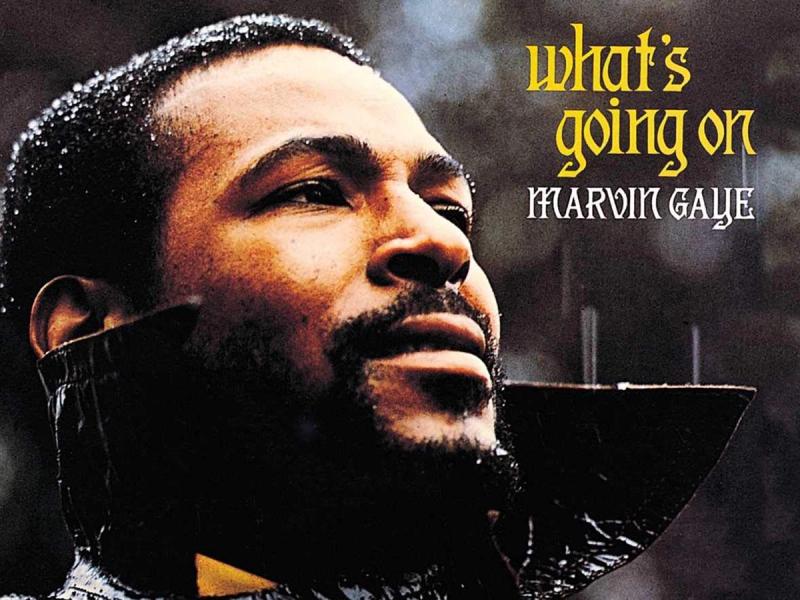
“What’s Going On” by Marvin Gaye
“This 1971 song is a testament to the power and courage of the artist. When Motown music was a beautiful and polished, Vegas-like musical genre, Marvin Gaye disruptively turned the Motown Records label upside down when he created this soulful, powerful outcry—a song about disorientation and pain.
This is an anthem that, more than any other song, embodies the tumult and the yearning of that time in Detroit, and in this country. For me, after experiencing the sound of gunshots and the presence of tanks and sandbags on the street daily during the 1967 Detroit riot, and upon learning of Martin Luther King Jr.’s death, there was a deep penetrating fear and anxiousness. Gaye captured this yearning, and the nature of our experience, like no other artist before or after.”
“I Wonder” by Aretha Franklin
“I’m often asked about my spiritual relationship to music. If there is a holy spirit, it’s exhibited by the lyrics of Bob Dylan, the social consciousness of Marvin Gaye, the dance steps of James Brown, the horn of John Coltrane, the guitarwork of Jimi Hendrix, and, perhaps most powerfully, the voice of Aretha Franklin. She grew up in Detroit as the daughter of the famous preacher C.L. Franklin, who was close to Martin Luther King Jr.
I picked this song because, according to the scholar Ed Pavlic, whose research on James Baldwin is unparalleled, it imparted such power to Baldwin that he experienced an epiphany in his approach to making a difference with his life. He was working on a play on the life of Malcolm X, and he wrote to his brother David about how Aretha’s voice in that song was doing revolutionary and artistic work at the same time. The tender ballad imparted a sound that could, in Baldwin’s view, save the world, and at the same time, save the person.”
“The Wind” by Nolan Strong and the Diablos
“This song mystically conveys the beauty that awaits Detroit’s people as they live astride the Great Lakes. Detroit is a social boiler, immersed in a lovely constellation of lakes, rivers, and outdoor scenes that are spellbinding. Fortune Records was a pillar of Detroit music in the era before Motown. This song, released in 1954, foreshadowed the artistic power emerging in the Motor City. As a young man obsessed with sailing, this song was a theme of my youth.”
“The Tracks of My Tears” by Smokey Robinson and the Miracles
“Smokey Robinson was the beacon of early Motown. Songs like ‘The Tracks of My Tears’ capture a sense that we do not see all that we must learn to see. ‘Ooh Baby Baby,’ ‘Tears of a Clown,’ ‘Shop Around,’ and ‘I Second That Emotion’ all convey the connection that resides within the mystery.”
“Nowhere to Run” by Martha Reeves and the Vandellas
“An anthem that sounds as relevant today as it did to me in the streets of Detroit during my youth. With climate risk, nuclear confrontation, and rising gun violence, I hear this song in my deep, inner D.J. mind over and over again, warning me about what is developing on the horizon. As I look into the crystal ball of American politics and see so much polarity and dysfunction, I hear Martha Reeves in my dreams of dread, particularly for my children’s future.”
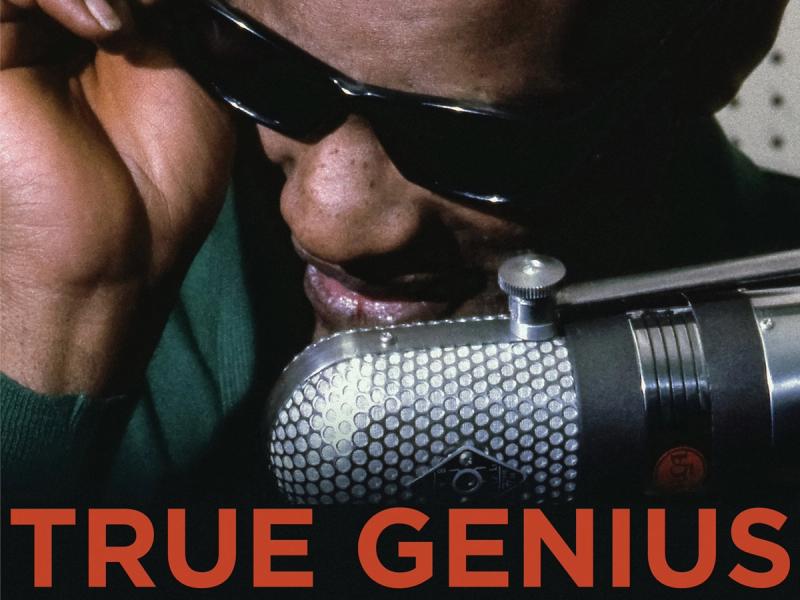
“Living for the City” by Stevie Wonder, performed by Ray Charles
“When I was growing up, Stevie Wonder was working in the Motown studios and emerged onto the scene like a thunderbolt. My friends called him ‘The Black Beatle.’ [In this version of the song] Ray Charles takes it away from pop pleasure and unshackles the depth of Stevie’s wonder. Ray’s rawness illuminates and does not tolerate the masks we wear that corrupt our consciousness in an effort to ameliorate our pain.”
“96 Tears” by ? and the Mysterians
“‘Too many teardrops for one heart to be crying.’ This penetrating song with an upbeat organ in the background has a Latino punk-rock sensibility. Aretha covered it, as did many others. It is a loving rage.”
“Hello Stranger” by Barbara Lewis
“This song feels like going on a cruise in the moonlight. 1963 is when this beautiful vocal experience was launched upon us. Barbara Lewis is powerful. She shares the maiden name of the wife of Robert Solow, a Nobel Laureate in economics who was my advisor when I was an undergraduate at M.I.T. When his wife passed away recently, we listened to Barbara Lewis’s songs together in memory of her.”
“Kick Out the Jams” by MC5
“The MC5 is managed by my teen-years mentor John Sinclair, a poet and activist centered in Detroit and Ann Arbor, who energized Iggy and the Stooges. This song is a prelude to punk rock. [Guitarist] Wayne Kramer and the Motor City 5 lit up the world with it. At the Grande Ballroom in Detroit where Cream, The Who, and many other acts played, the MC5 regularly took over the stage.”
“Fever” by Little Willie John
“A deep blues song that set so many artists into motion, this is a Detroit classic from 1956. A gem of foreboding.”
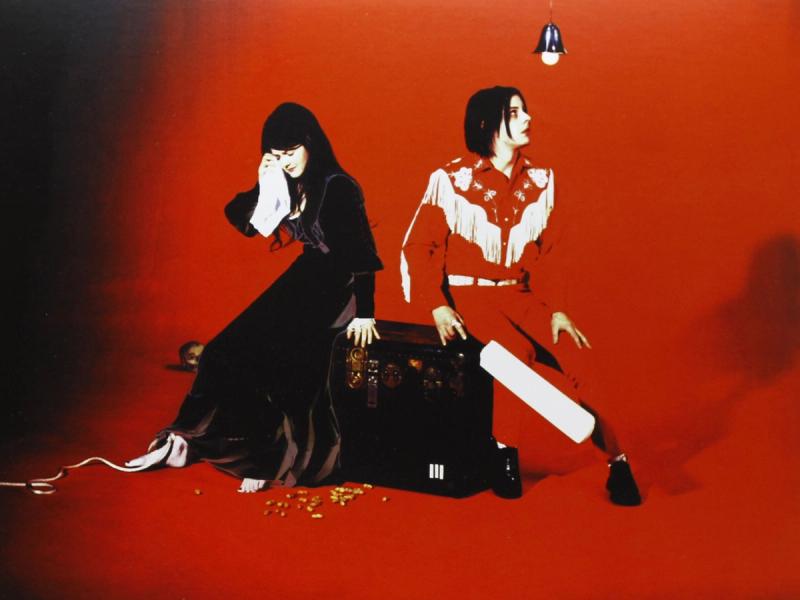
“Seven Nations Army” by The White Stripes
“A powerful song by Jack and Meg White that, along with the music of the Detroit Cobras—listen to ‘Putty (in Your Hands)’—propelled Detroit to the forefront of indie punk synthesis with soul. Music in Detroit never backs down. Fueled by history, it keeps on creating and giving us nourishment.”
“Runaway” by Del Shannon
“This beautiful sound and soulful message again raises awareness of a yearning in Detroit that began to wither. Why was the city abandoned by America?”
“Tears of a Clown” by Smokey Robinson and the Miracles
“Smokey Robinson was once allegedly called ‘America’s greatest living poet’ by Bob Dylan. ‘Tears of Clown’ gets into the masks and protection that his music tears through as we get to know ourselves and are compelled to evolve. Smokey was the right-hand man to Motown Records founder Berry Gordy. He was deep, deep Detroit. He helped us all see through the mirage that surrounded our painful challenges and traumas.”
“Ball of Confusion (That’s What the World Is Today)” by The Temptations
“This tender and penetrating song is part of the album Psychedelic Soul, which has so many insights at the intersection of civil rights and the hippie yearning for liberty of lifestyle. Its songs constitute a tsunami of artistic insight that shakes you to the bone as we yearn for awareness of what Marvin Gaye asked, via ‘What’s Going On,’ in those unruly times.”
“Papa Was a Rollin’ Stone” by The Temptations
“A stunning, rhythmic, mystical meditation on discord in life, and a portrait in painful reflection on a life that offered no security. Detroit’s decline symbolized a human story. As I watched the prison industrial system prey upon the Black male population of Detroit to fill their cells for profit, as scholar Heather Anne Thompson and the University of Michigan has so vividly revealed, I heard verses from this song over and over again in my mind.”
“Wholy Holy” by Marvin Gaye, and performed by Aretha Franklin
“Amazing Grace is the number-one selling gospel album of all time. This is the opener, and Aretha begins with and profoundly transforms the song, painfully and powerfully, Aretha asks us to rise up and come together with all of the strength and all of the feeling we have, and to believe in each other’s dreams.”
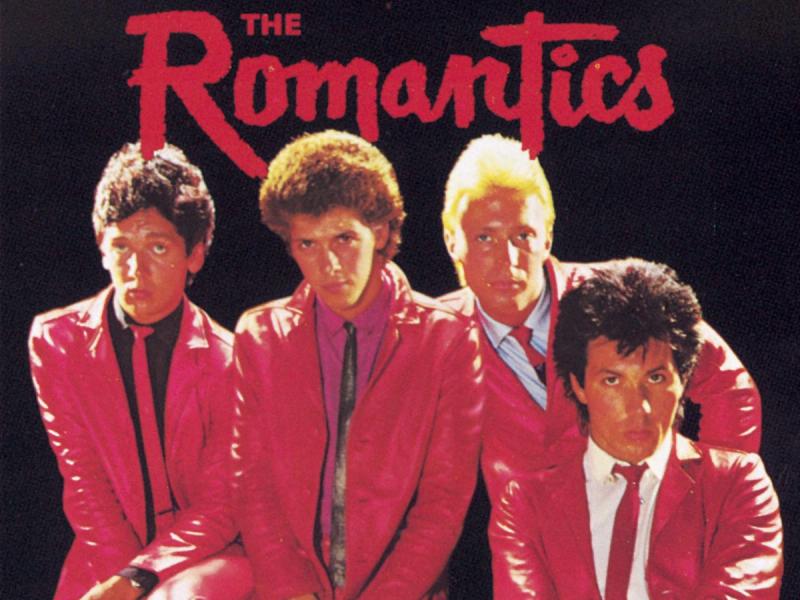
“What I Like About You” by The Romantics
“Good beat, good fun, and rising above. A song that has uplifted many films and dance halls. Just plain radiant.”
“Baby, I’m Yours” by Barbara Lewis
“A song that’s purely and simply about unrelenting devotion. The experience of Detroit that foreshadowed so much of what society is going through today deeply reveals the need for reconciliation and solidarity through thick and thin. The challenge before us is formidable, and this song is like a North Star on the pathway of healing.”
“Boogie Chillen” by John Lee Hooker
“John Lee Hooker was born in the South, and migrated to Detroit in 1943 to work in the factories and play in the blues clubs. ‘Boogie Chillen’ is his signature electric guitar song. A pillar of the blues.”
“Lose Yourself” by Eminem
“I was once fortunate enough to be at a dinner with a friend of mine, his brother, and another artist, whom the brother managed, named Sean [Love] Combs. We talked about American music, from the spirituals to the present. I mentioned how Elvis Presley became a crossover of blues and R&B while working with Sun Studios in Memphis. He was a bit unhappy that Elvis received so much credit for musical innovations that were clearly attributable to Black artists.
I asked him if he had ever seen a white artist who actually became the leader in a music genre created by Black people. He said it was quite rare, but that there was one. His name was Eminem, and he was truly the king of rap. I asked him why he felt that way. ‘It’s simple,’ he said. ‘Eminem gives more than any other artist. He bares his soul. He shares things none of the rest of us have the courage to reveal.’”
“Respect” by Aretha Franklin
“The number one song of all modern times by Rolling Stone in its list of the ‘500 Greatest Songs of All Time.’ Don’t take their word for it, or waste your time with mine. Just go listen to this gift from the holy spirit. It is utterly fabulous.”

“Wreck My Flow” by The Dirtbombs
“A vital portrait of a chaotic world, from the eyes of a Detroit musical genius named Mick Collins. From the album We Have You Surrounded, it is a portrait of urban paranoia. And it assures the listener that the music scene is alive and well in the Motor City in 2008, and beyond.”
“Get Ready” and “(I Know) I’m Losing You” by Rare Earth
“A mystical, hard-hitting, long-form experience of deep listening. These two songs are from an extraordinary band that was noteworthy for being signed by Motown Records—all of its members were white. Very pensive and very deep. Cast around the parable of love relations, its poetic implications will sprout in your mind. Many tried to cover these songs. No one measured up to the originals.”
“Beautiful Loser” and “Travelin’ Man” by Bob Seger
“Bob Seger was a local legend when I was growing up. He played homecoming and senior prom for my high school. His songs were so rooted, and his message was, too. He and his Silver Bullet Band put out a record in my last year of high school that caught fire around the world. This song illuminated the trade-offs in life between striving and keeping your spirit whole.”
“That’s What Friends Are For” by Dionne Warwick, Elton John, Stevie Wonder, and Gladys Knight
“My experience of Detroit and its economic stress, racial discord, and Mother Nature always reminded me that I was not in this all alone. So this last song, perhaps one of the most important in my spirit locker in this lifetime, is, fittingly, a joint venture that includes two Detroit musical geniuses, Stevie Wonder and Gladys Knight. I choose to end with the intensity and beauty of this Detroit partnership with other musical geniuses. It is because of their message.”